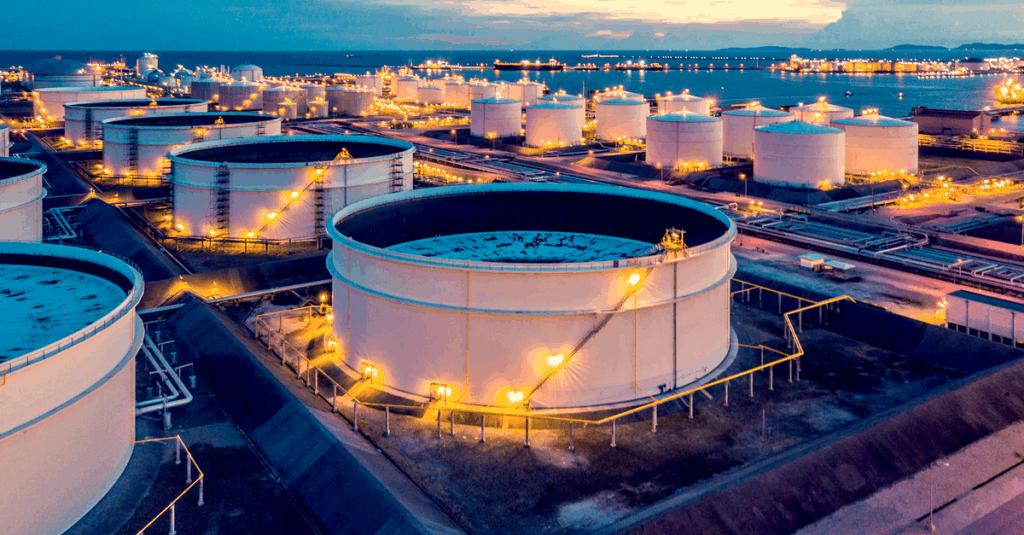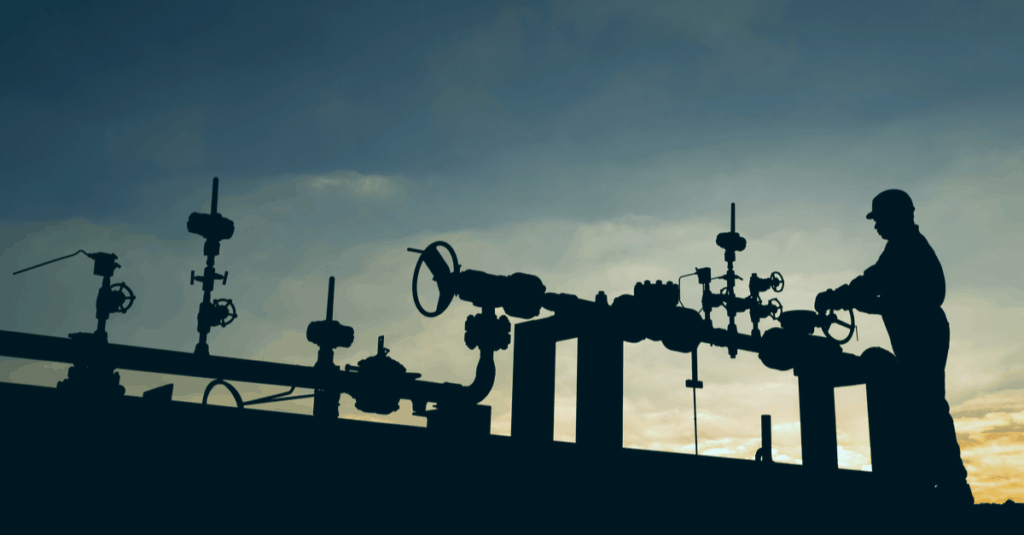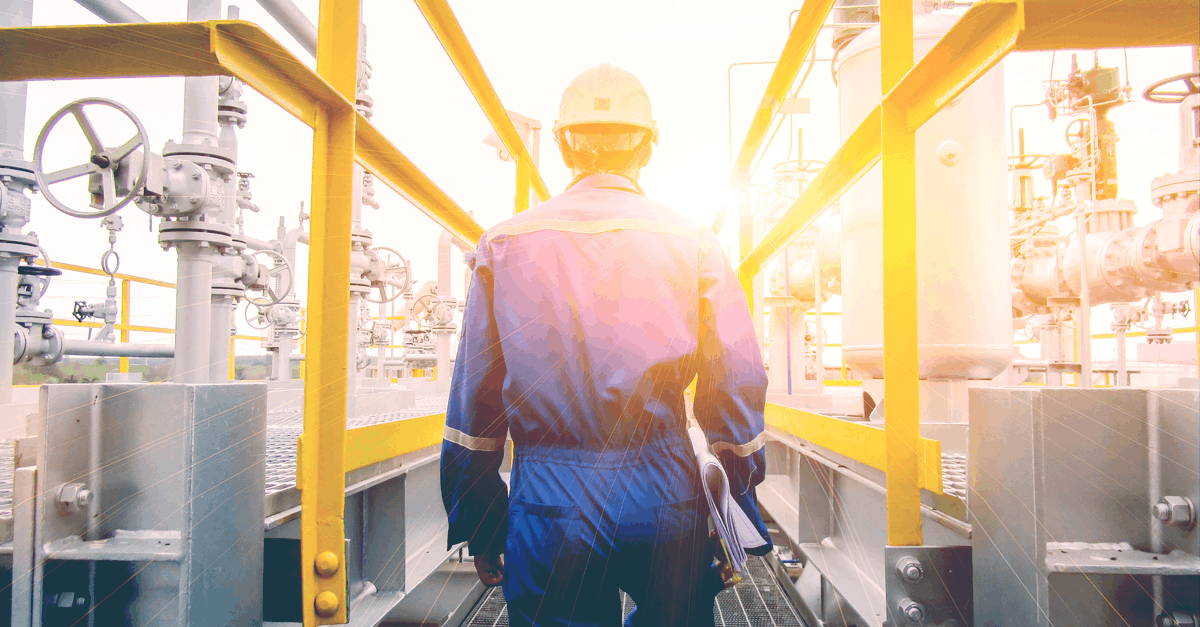One of the few upsides of the COVID-19 pandemic is a greater collective appreciation for essential workers.
Drive down any street and you’ll see yard signs singing the praises of “front line heroes.”
Many interpret the label to mean those working in health care or grocery stores. Some also understand it to mean truckers and delivery workers who keep stores and hospitals alike stocked with supplies. These people all deserve our gratitude. Praise for them is long overdue.
But amid the tributes of the past year, another group of deserving heroes goes unrecognized.
“We’d die of starvation, basically.”
By every possible definition, the women and men laboring on America’s oil and gas supply lines are essential.
This shouldn’t require great imagination to understand. About half of all homes in the U.S. are heated by natural gas. The other half use electricity – although keep in mind, natural gas is responsible for nearly 40% of electricity production, too. Meanwhile, petroleum products drive more than 90% of all transportation.
In short: Without oil and gas workers, we would freeze inside our homes and be stuck with unmovable vehicles.
While he’s known for mass-producing electric cars, Elon Musk recognizes the importance of oil and gas workers and what they do. “We can’t stop instantaneously and not have oil and gas,” Musk said recently. “You know, like, we’ll likely die of starvation basically.”
Indeed, the machines that plow our fields. The trucks and airplanes transporting those crops from farm to market. They all depend on refined products.
The same goes for your Amazon delivery van or the Instacart driver who brings you groceries. Nearly all of our modern conveniences depend on oil in some way.
The Unsung Hero Fighting COVID-19
While most people can easily see the connection between oil and transportation, the vital and irreplaceable role oil and natural gas refining play in the fight against COVID may not be as apparent. But it’s every bit as real and significant.
It starts in the emergency room, where the N-95 masks protecting our doctors and nurses depend on multiple plastics derived from oil and natural gas.
The same is true for protective face shields, gowns, rubber gloves, and shoe covers.
In fact, nearly all PPE involves plastics and other refinery derivatives in some way. The American Chemistry Council draws a direct connection between the gear protecting our medical professionals on the front line with oil and gas refining.
Vaccines Depend on Refining

Now the world looks on as an unprecedented vaccine rollout gets underway. COVID vaccination clinics are a source of hope that the world might return to “normal” soon.
Those clinics, and the vaccines administered within them, are also only a reality thanks to the men and women in our refineries.
The Moderna, Johnson & Johnson, and Pfizer vaccines all must be stored at extremely low temperatures. (Moderna and J&J need to be kept at -20%, Pfizer at -70%.) The refrigerants making cold storage possible are typically isobutane, propane, and propylene – all of which are derived from oil & gas.
Administering those shots to everyone in the U.S. who needs one will require an estimated 850 million plastic syringes. Specifically, those syringes are an injection-molded form of polypropylene derived from naphtha, and naphtha – you guessed it – comes from oil refining.
And of course, the entire distribution network responsible for transporting vaccines from production centers to patients relies on oil & gas.
A Uniquely High Level of Pain
So to summarize: Our heated homes, every method of transportation, and our only hope for a return to normalcy and freedom from COVID fears all depend on oil and gas.
More accurately, they all rely on the work the women and men in our refineries and other production units.
But to date, their only reward for this essential work has been greater economic uncertainty.
Perhaps no sector has borne as much financial pain during the COVID crisis as oil and gas. During 2020, more than 160,000 people involved in oil and gas production in the U.S. lost their jobs. A string of U.S. refinery sites closed or were idled, from Martinez, California to Gallup, New Mexico to Convent, Louisiana. Many other sites have been forced into layoffs.
Those who’ve been spared from these losses continue to show up for work each day, performing the work that makes the work of every other front-line hero possible.
But there are few (if any) signs thanking them.
Why is that?
What We Don’t See

You could argue oil and gas workers have been overlooked because of politics, or the fight over climate change. But I’m so tired of politics and fighting. And I imagine you are too.
So I want to believe that the reason is far less nefarious:
People just don’t see them.
While anyone can see the work of their doctor and grocer, the essential tasks being performed inside the United States’ 131 operating oil refineries and hundreds of production rigs are hidden from public view. Almost no one stepped inside of a refinery or onto a rig other than the workers themselves even before COVID. That’s even more true now.
The efforts of these vital workers goes unrecognized because it’s unseen.
So…
I’m asking you to see them.
I’m asking that you set aside the debates and noise and see these workers for what they are: Women and men who go into a tough environment to do work we all rely on.
They are essential.
They are valuable.
And they are just as worthy of our praise and gratitude as every other worker on the front line.
To all those in oil and gas who may be reading this: Thank you.
Hex Technology helps industrial sites operate more safely, efficiently, and profitably through specialized training for reliability and maintenance. We’ve saved sites millions of dollars and helped them earn awards for excellence. Read our most recent case study here.
Join Industry Leaders!
Subscribe to Hex Technology today and we’ll give you $700 in bolting courses, FREE. Your path to a safer, more reliable, more profitable site starts here.


